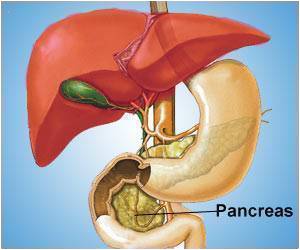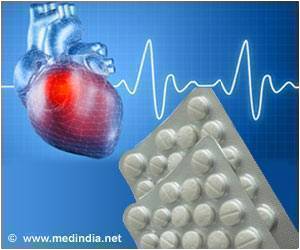New therapeutic target for pancreatitis and pancreatic cancer has been discovered by a study at the Salk Institute, published in the journal Gastroenterology.
Generally, one cup of digestive juices (molecules that can break down the food consumed) is produced by the pancreas. In cases where these molecules become activated before they make their way to the gut, they can damage the pancreas itself, thereby digesting the very cells that created them auto-digestion.
‘Lower levels of a protein known as ERR ɣ are found to promote auto-digestion of the pancreas (pancreatic enzymes digesting the very pancreatic cells), thereby contributing to pancreatitis (painful inflammation) and pancreatic cancer.
’
Pancreatic Proteins potential therapeutic
This may lead to conditions like pancreatitis (painful inflammation) and pancreatic cancer. Present study finds that pancreatic auto-digestion may be prevented by a protein known as estrogen-related receptor gamma (ERR ɣ) in mice.
“Our finding provides new insight into both the basic biology of how pancreas cells function, and what might drive pancreatitis and pancreatic cancer,” says Professor Ronald Evans, director of Salk’s Gene Expression Laboratory, March of Dimes Chair in Molecular and Developmental Biology, and co-senior author of the study.
“The fact that this (ERR ɣ) was linked back to patients with chronic pancreatitis suggests that ERR ɣ is clinically relevant and could make a good drug target in the future,” says Evans.
Source: Medindia



